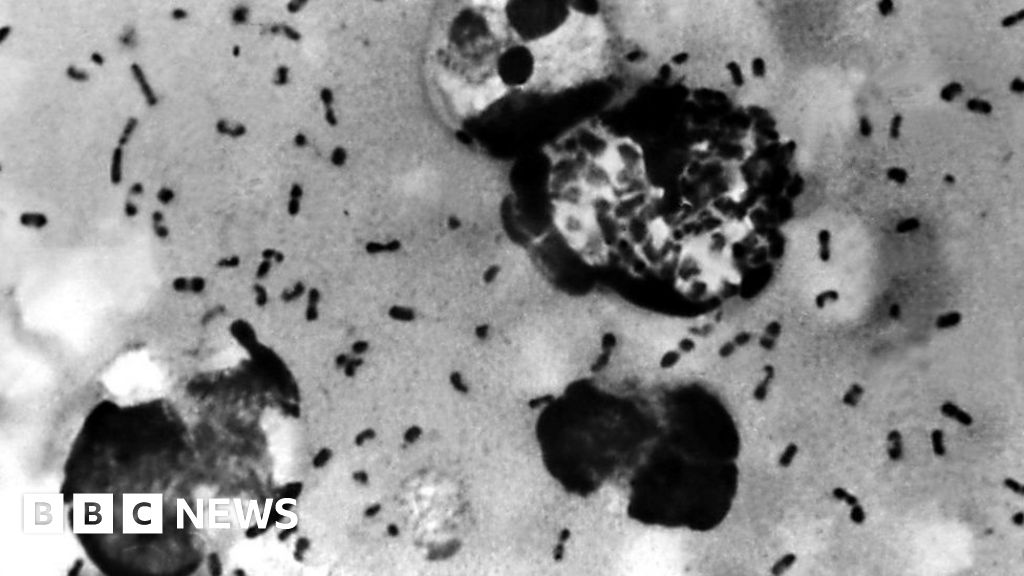Yax
Ancient Mariner
My great-grandfather was a medic during the winter war. He never spoke of it. His sister in law's husband was more talkative in the matter. I remember him being questioned at a birthday party of mine 15 or so years ago about his experiences and he talked specifically about how they took a machine gun sentry, or something like that, and he seemed to enjoy talking about it at 80 something years old.Sorry to hear that. PTSD and other mental health disorders caused by the war were actually a taboo here until very recently. I believe both of my grandfathers had depression of some sort, and they never really were the same they had been before the war, wounded both physically and mentally. But I'm happy they both were able to raise their families successfully, making my appearance to this world possible.As I have so much of my genes from my grandfathers, I sometimes think which part of my personality comes from them.
Last edited:


